Advisors to the U.S. Food and Drug Administration (FDA) on Tuesday voted in favor of authorizing the Pfizer-BioNTech COVID-19 vaccine for children ages 5 to 11.
The decision came after a whole-day meeting of the FDA's Vaccines and Related Biological Products Advisory Committee, which was held to discuss whether, based on the totality of scientific evidence available, the benefits of the Pfizer-BioNTech vaccine outweigh its risks for use in children 5 to 11 years of age.
The vaccine would be administered to younger kids as a 2-dose series, 3 weeks apart, according to the FDA.
While children are far less likely than adults to get severely ill or die from COVID-19, data presented to the FDA advisors on Tuesday suggest that they can be as likely to catch and spread the disease.
Results from the Pfizer-BioNTech vaccine clinical trials show the vaccine is safe and 90.7 percent effective against symptomatic COVID-19 in children ages 5 to 11.
The most common side effects occurred after the second dose and included pain at the injection site, fatigue and headache.
There were no serious adverse events associated with the vaccine, according to the FDA.
The FDA will consider formal authorization of the vaccine based on its advisors' recommendation. If authorized, it would be the first COVID-19 vaccine for younger children.
Once the FDA makes its authorization, the vaccine advisory group of U.S. Centers for Disease Control and Prevention (CDC) is set to meet on Nov. 2 to 3 on recommendations for the use of the vaccine for younger kids.
The Joe Biden administration said up to 15 million child-sized doses of Pfizer-BioNTech vaccine could be shipped out to providers soon.
Health officials expected first doses could start as early as the first week of November, pending final sign-off from the FDA and the CDC.
The decision came as the country has added almost 118,000 child COVID-19 cases over the past week, according to the latest data of the American Academy of Pediatrics (AAP).
Nearly 6.3 million children have tested positive for COVID-19 in the United States since the onset of the pandemic. Over 1 million child cases were added over the past six weeks, according to the AAP.
Zhang Zuofeng, chair of the Department of Epidemiology at the University of California, Los Angeles, told Xinhua that to vaccinate younger children will help add immunity to broader population and curb the pandemic in the country.
"Getting younger kids vaccinated will not only better protect this group of population, but also prevent the virus from spreading to other vulnerable groups," Zhang said.
It will be another "significant step forward", he noted.










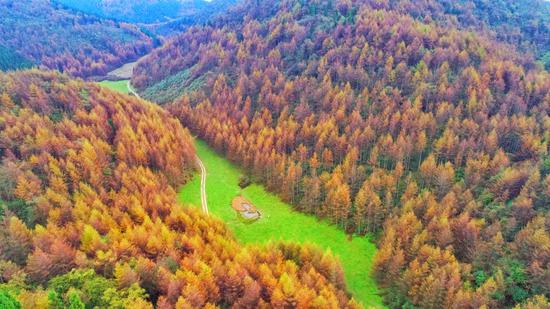
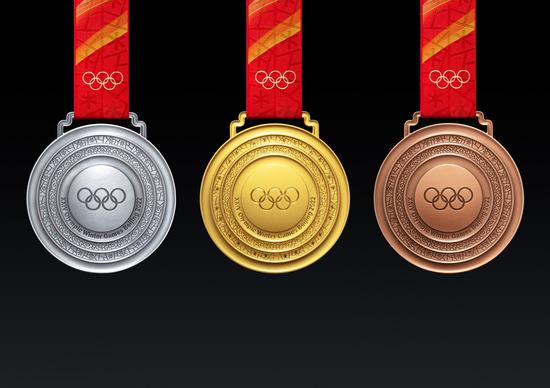

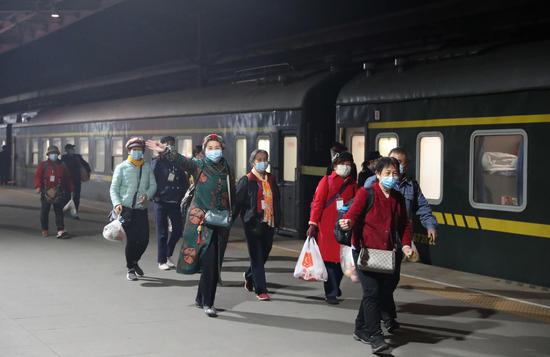
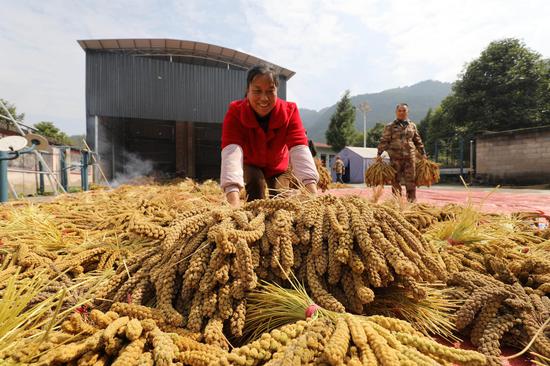
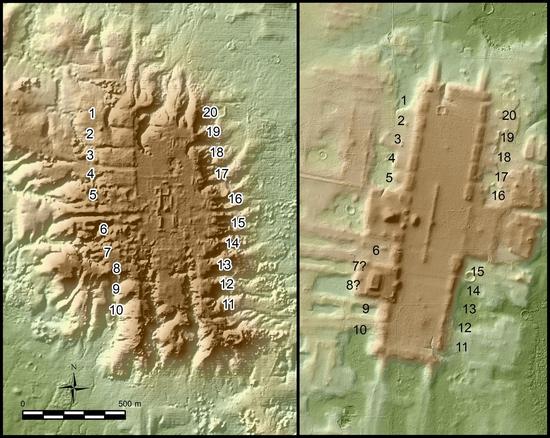
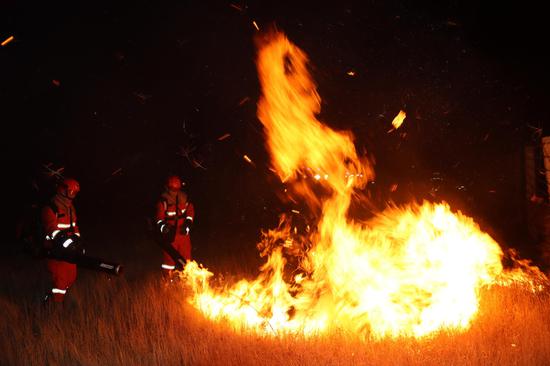
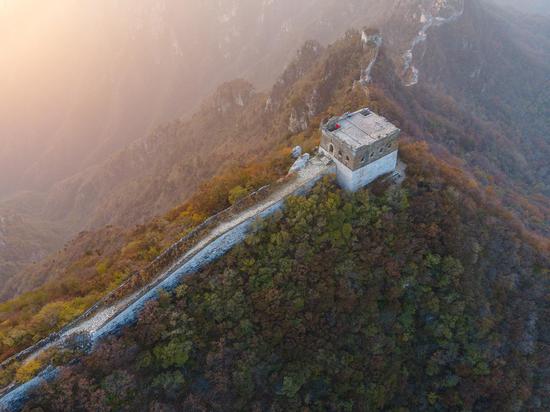
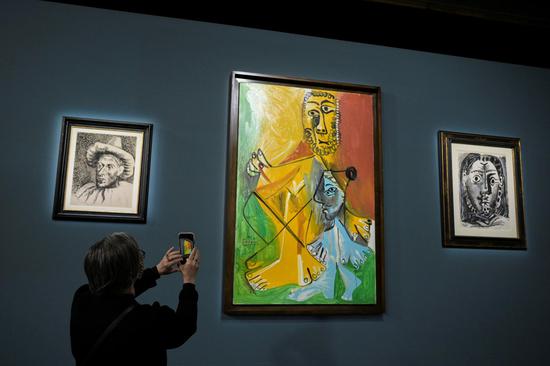


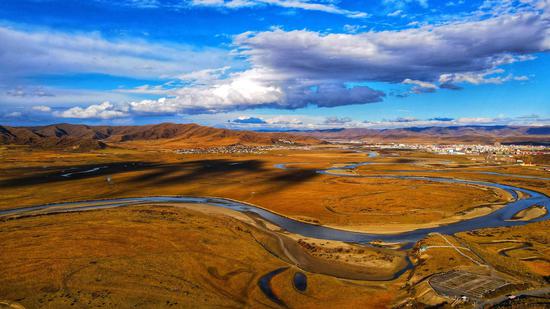
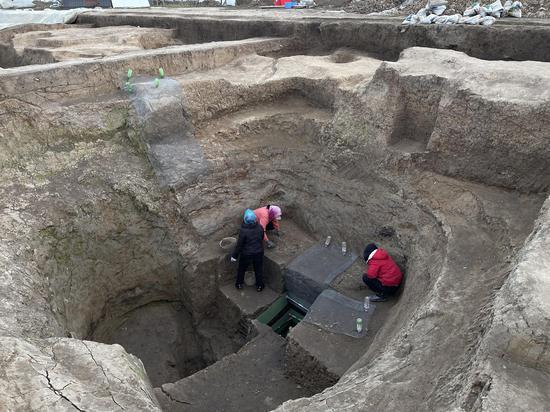
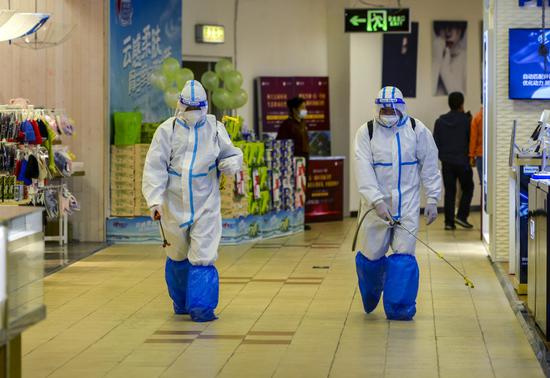
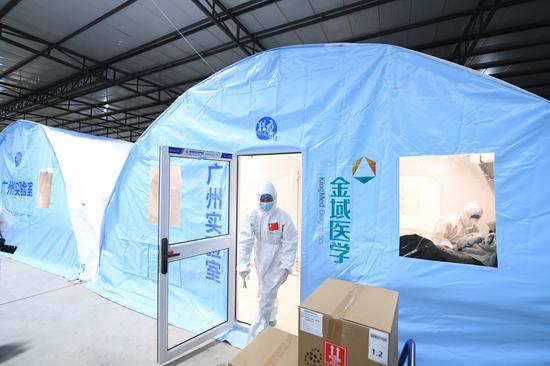


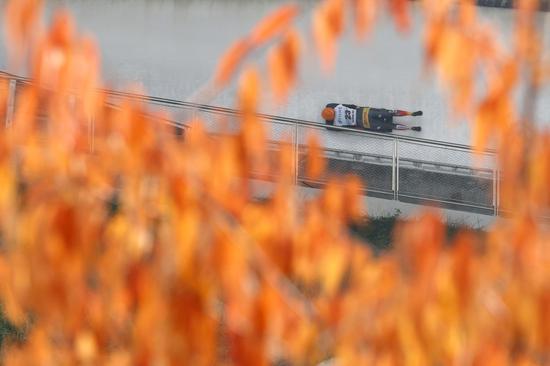


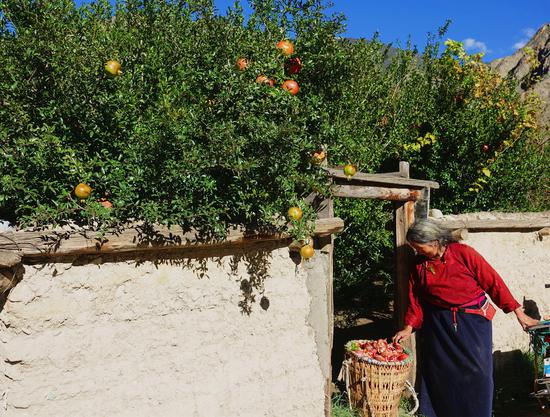




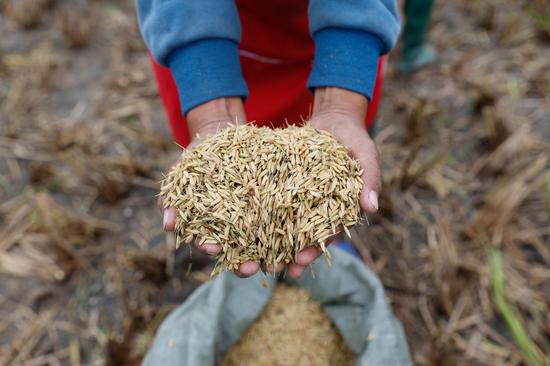



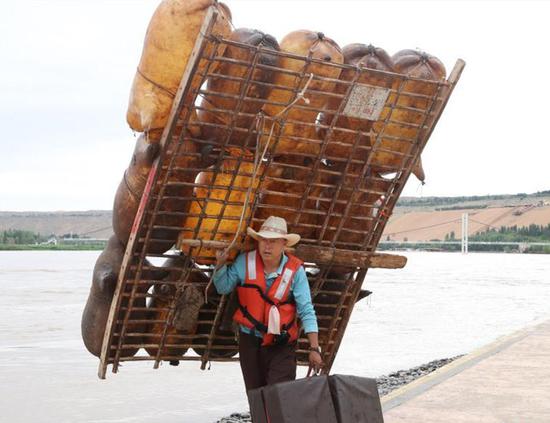

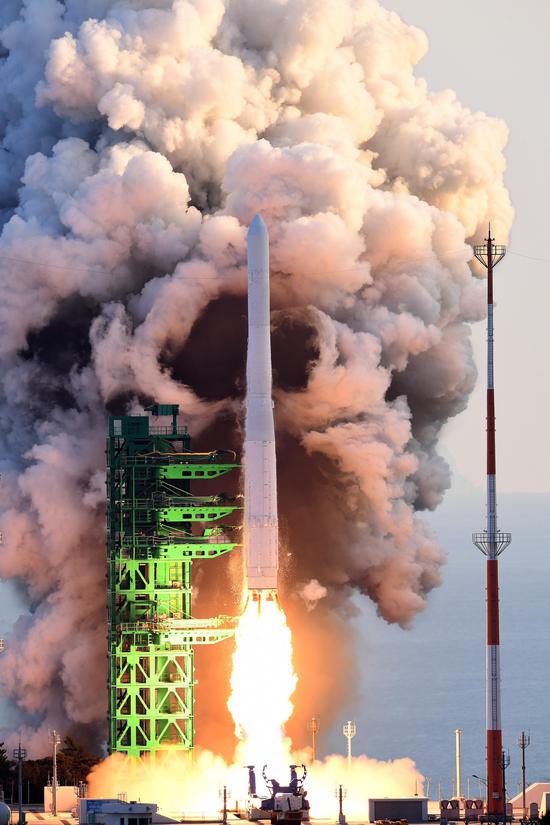

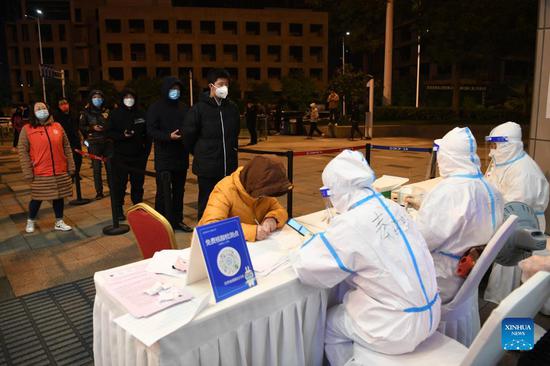
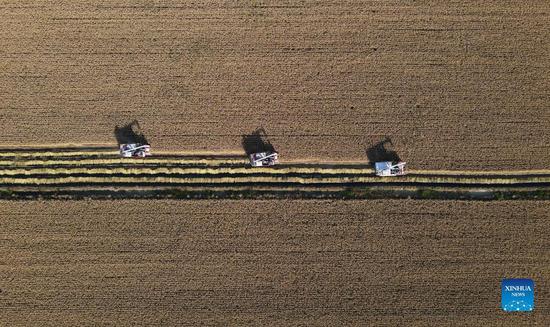





 京公网安备 11010202009201号
京公网安备 11010202009201号